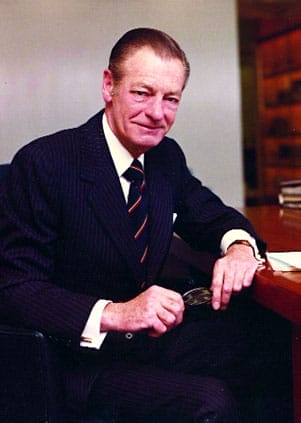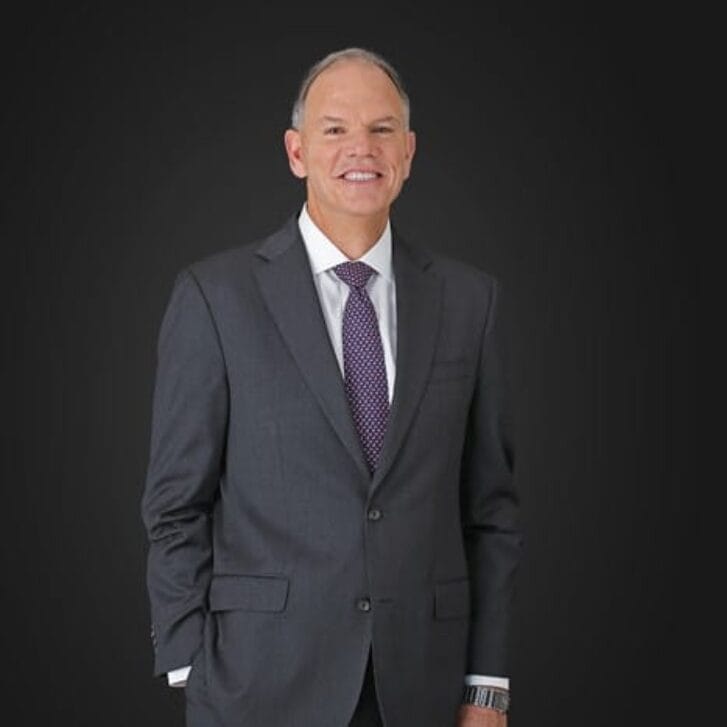 When many of his contemporaries in the business world viewed government as an adversary, Reginald Jones, CEO of diversified U.S. conglomerate General Electric (GE) throughout the 1970s, preached cooperation. His success at GE and in the public forum has made his management style a standard in the late 20th century.
When many of his contemporaries in the business world viewed government as an adversary, Reginald Jones, CEO of diversified U.S. conglomerate General Electric (GE) throughout the 1970s, preached cooperation. His success at GE and in the public forum has made his management style a standard in the late 20th century.
Jones joined GE when he graduated from Wharton, and didn’t leave until he retired as chairman and CEO in 1981. Along the way, he learned every aspect of the business—first as a traveling auditor, then as a manager in consumer, utility, industrial, construction, and distribution fields. His ground level knowledge served him well as chief executive, allowing him to delegate effectively so that he could manage the larger picture, including international expansion. In Jones’s nine years as CEO, GE’s sales more than doubled and its net income tripled, despite the difficult business environment.
Jones took over as chief executive in 1972, and the political climate—Watergate, Vietnam, racial tensions, sexual freedoms—inevitably spilled over into the business world, which was in a slump. GE itself was in some businesses under attack, including nuclear energy. Jones worked to find common ground. He traveled often to Washington, met directly with Congress, and provided counsel on economic policy to Presidents Nixon, Ford, and Carter.
Jones retained his role with GE and served as chairman of the President’s Export Council. There he served as an eloquent voice for the expansion of world trade and the restoration of U.S. competitiveness. As chairman of the Business Council and co-chairman of the Business Roundtable, he led the movement to develop a constructive business-government dialogue.
By 1979, he had convinced his fellow executives his cooperation strategy was best, and a survey of 1,439 American leaders by U.S. News & World Report called him the country’s most influential businessman. Even those with whom he clashed praised Jones on his preparation and style.
“I think he is one of the wisest, most intelligent, most informed people on public policy issues that I have ever met,” Stuart Eisenstat, President Carter’s domestic affairs chief told the New York Times. Jones, a former chair of Wharton’s Overseers and a Penn Trustee, was awarded an honorary doctorate from Penn in 1980. He is recognized at Wharton through the Reginald H. Jones Professorship of Corporate Management and the Reginald H. Jones and Grace Cole Jones Decade Donors. He died in 2003.

























